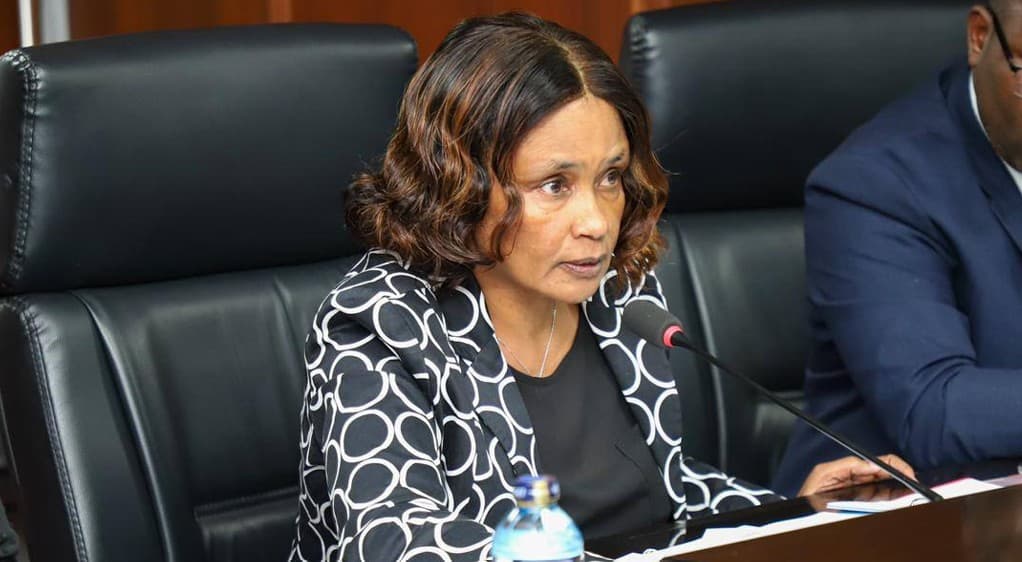We're loading the full news article for you. This includes the article content, images, author information, and related articles.
Members of Parliament (MPs) have escalated calls for transparency and equity in teacher deployment and hardship allowances, directing the Teachers Service Commission (TSC), Public Service Commission (PSC), and Salaries and Remuneration Commission (SRC) to submit a comprehensive report.

Nairobi, Kenya – In a bold move this 2025, Members of Parliament (MPs) have escalated calls for transparency and equity in teacher deployment and hardship allowances, directing the Teachers Service Commission (TSC), Public Service Commission (PSC), and Salaries and Remuneration Commission (SRC) to submit a comprehensive report within one month on the criteria guiding these decisions.
Kajiado East MP Kakuta Maimai condemned what he termed the “handpicking” of teachers—particularly urban educators placed in rural schools offering hardship allowances, thus displacing qualified local staff. “Headteachers posted in these rural schools… are often teachers who are handpicked… teachers from the local community… are not being given to head schools in the rural areas,” he lamented.
The issue echoes across constituencies. Committee Chair Raphael Wanjala noted similar grievances in Bundalang’i. “The indigenous are forced to go and teach in schools where there’s no hardship allowance… non‑locals are brought in and take over,” he stated.
Beyond allowances, MPs criticized the skewed distribution of teaching staff. In Kajiado, schools in urban hubs like Kitengela and Isinya are reportedly overstaffed, while remote areas suffer severe shortages. Maimai challenged the logic of the TSC’s posting formula, asking, “What formula does TSC use in Kajiado?”
During parliamentary sessions, MPs pressed TSC acting CEO Eveleen Mitei and SRC’s Margaret Njoka to clarify how hardship zones are defined and allowances allocated. Mitei disclosed that decisions are made under outdated 1997 classifications and that the authority to review lies with the PSC.
SRC’s Njoka explained they rely on Ministry of Public Service reports to determine cluster classifications. Disparities across the country have prompted a “progressive harmonisation” effort, currently under discussion with the National Treasury to secure necessary funding.
PSC Principal Secretary Jane Imbunya added that, as of July last year, house allowances for Cluster 3 (former municipalities) and Cluster 4 (other areas) were harmonised—benefitting teachers in Kilifi Municipality, for instance—following SRC and TSC interventions.
The broader context includes legislative action. The Teachers Service Commission (Amendment) Bill 2024, currently under debate, proposes a structured, transparent framework for awarding hardship, special duty, and risk allowances. KNUT has endorsed these reforms and also pressed for a 60% base salary increase to match inflation and rising living costs.
Equity in Posts & Pay: Kenyan teachers deserve fair career progression and entitlements, regardless of their origin.
Retention & Performance: Disparities in deployment create demotivation and churn in underserved areas.
Policy Relevance: Reliance on decades-old guidelines undermines modern-day realities and teacher morale.
Parliament wants full transparency—how hardship zones are defined and how postings are decided.
Reform must be multi-agency, involving TSC, SRC, and PSC, supported by updated data and inter-agency coordination.
Teachers and communities must be heard, to inform policy that reflects realities on the ground.
Keep the conversation in one place—threads here stay linked to the story and in the forums.
Other hot threads
E-sports and Gaming Community in Kenya
Active 8 months ago
The Role of Technology in Modern Agriculture (AgriTech)
Active 8 months ago
Popular Recreational Activities Across Counties
Active 8 months ago
Investing in Youth Sports Development Programs
Active 8 months ago
Key figures and persons of interest featured in this article